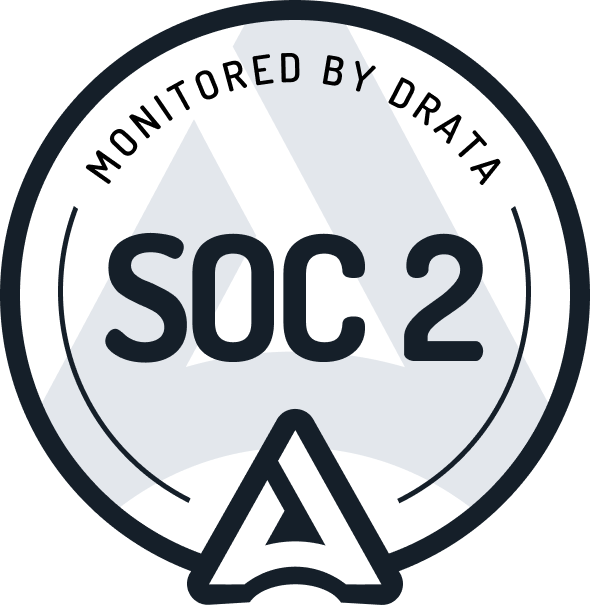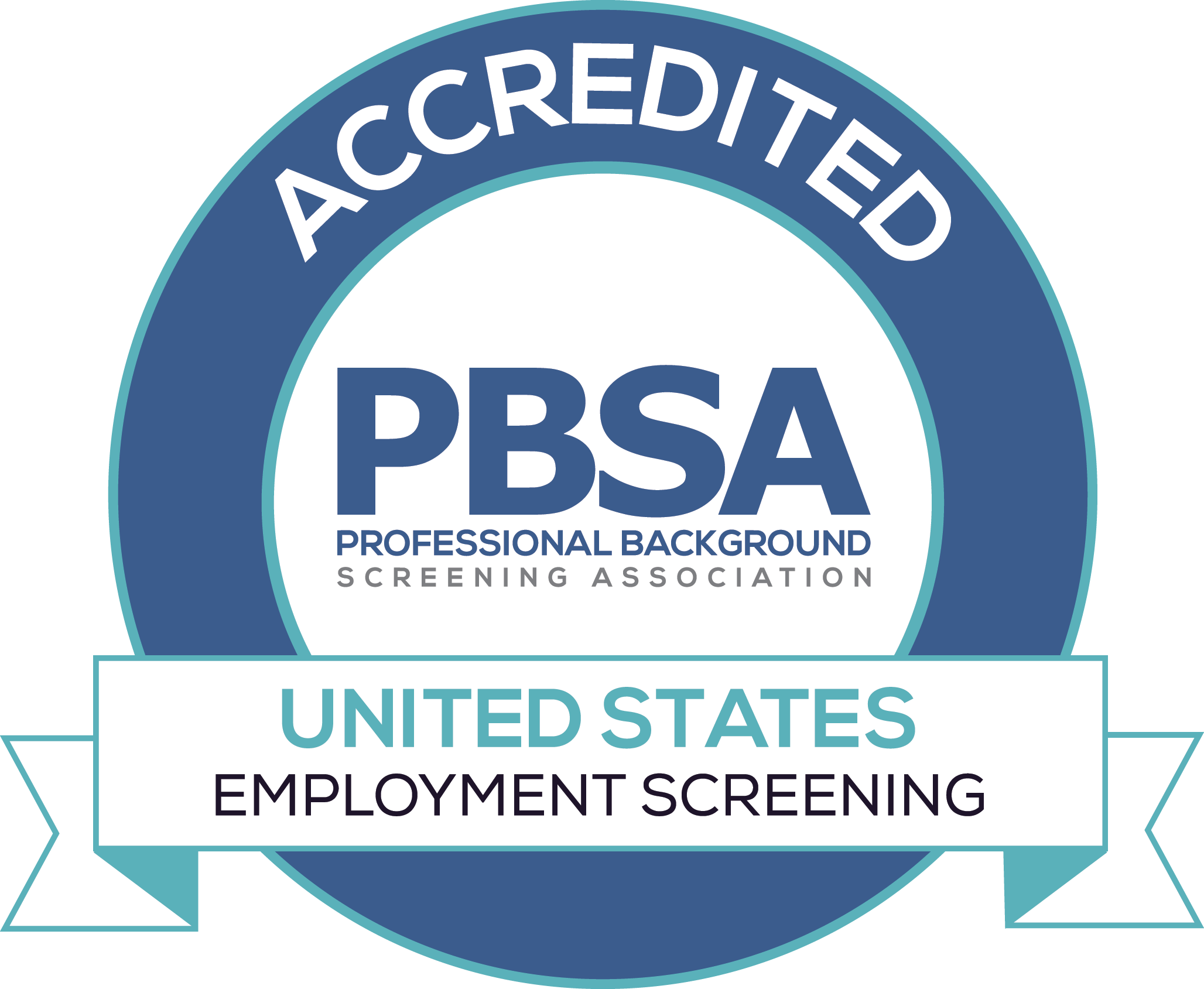January 11th, 2021
Last summer the state of Florida enacted a new law requiring public and private employers to comply with new state E-Verify requirements starting January 1, 2021.1 E-Verify is the Internet-based system operated by the U.S. Department of Homeland Security and the Social Security Administration that allows participating employers to electronically verify and confirm the identity and employment eligibility of newly hired employees. Both federal and Florida law prohibit employing individuals who are not authorized to work in the United States. Use of the E-Verify system for employment eligibility verification is voluntary at the federal level. Several states have implemented state-specific E-Verify mandates, however, including Florida.
New Requirements for Florida Employers
Public Employers: Beginning January 1, 2021, every public employer, contractor, and subcontractor in Florida must register with and use the E-Verify system to verify the work authorization status of all newly hired employees. No public contract may be entered into unless each party to the contract registers with and uses the E-Verify system.
Public employer is defined to mean:
an entity within state, regional, county, local, or municipal government, whether executive, judicial, or legislative, or any public school, community college, or state university that employs persons who perform labor or services for that employer in exchange for salary, wages, or other remuneration or that enters or attempts to enter into a contract with a contractor.
Additionally, if a public contractor enters into a contract with a subcontractor, the subcontractor must provide the contractor with an affidavit stating that the subcontractor does not employ, contract with, or subcontract with unauthorized persons. The contractor must maintain a copy of the affidavit for the duration of the contract. A public employer that has a good-faith belief that a contractor or subcontractor knowingly violated these requirements must terminate the contract with this entity or order the contractor to terminate the contract with the subcontractor immediately. This will not be considered a “breach of contract” for contract purposes.
The new law on public contracts is an expansion of Florida’s pre-2021 E-Verify requirements. Executive Order 11-116 (2011)2 requires state agencies under the direction of the governor (and public contractors of these state agencies) to use E-Verify to verify the employment eligibility of newly hired individuals. State agencies must also include a provision in contracts for the provision of goods and services, certifying that contractors will use E-Verify to verify the employment of new employees employed by the contractor during the contract term to perform employment duties in Florida. The same requirements apply to subcontractors hired by such contractors to perform work pursuant to the contract.
Private Employers: Beginning January 1, 2021, a private employer must, after making an offer of employment that has been accepted by a person, verify the person’s employment eligibility by either using the E-Verify system orrequiring the person to provide the same documentation that is required by the U.S. Citizenship and Immigration Services (USCIS) on its Employment Eligibility Verification (I-9) form. Private employers utilizing the I-9 documentation option must maintain a copy of the documentation provided for at least three years after the person’s initial date of employment.
Private employer is defined as a “person or entity that transacts business in this state, has a license issued by an agency, and employs persons to perform labor or services in this state in exchange for salary, wages, or other remuneration.” Unlike some states, there is no “minimum threshold of employees” that triggers the new E-Verify law. Employers should note that this requirement applies to all applicable businesses that transact business and employ workers in the state of Florida.
Also, while private employers are not required to verify the employment eligibility of a continuing employee hired before January 1, 2021, if a person is a contract employee retained by a private employer, the employer must verify the employee’s employment eligibility upon renewal or extension of a contract.
Potential Penalties
If a private employer does not appropriately verify employment eligibility of its new employees, the Florida Department of Economic Opportunity will require the employer to provide an affidavit stating that it will comply, that it has terminated the employment of all unauthorized workers in the state, and that the employer will not intentionally or knowingly employ an unauthorized worker in the state. If this information is not provided, the appropriate licensing agency will suspend all applicable licenses held by the private employer until it provides the Department with the appropriate affidavit. An employer found to have violated this provision three times within any 36-month period will face permanent revocation of all licenses it holds specific to the business location where the unauthorized worker performed work (or alternatively, all of the licenses necessary to operate the employer’s business generally).
Next Steps for Employers
Employers with active business operations in Florida should take care to understand the new E-Verify requirements and ensure that they appropriately verify employment eligibility when necessary, including when hiring new employees or entering into new contracts with state agencies or public employers. Note that the use of E-Verify does not replace the requirement that all U.S. employers properly complete Form I-9, the Employment Eligibility Verification form, for new hires as part of the general employment eligibility verification process.
Furthermore, private employers that choose to verify employment eligibility by requiring their new employees to provide the same documentation used to complete I-9s should also take caution to retain the employee’s presented documents for the Florida state-mandated period of three years from the initial date of employment. Employers should keep in mind that in contrast, federal regulations require employers to retain a Form I-9 for each person hired for three years after the date of hire, or for one year after the date employment ends, whichever is later. Employers should ensure compliance with both the Florida state and federal requirements with respect to I-9 record keeping and documentation.

With more than 1,500 labor and employment attorneys in offices around the world, Littler provides workplace solutions that are local, everywhere.
Read more news and analysis here: https://www.littler.com/news-analysis
Company
Background Checks




